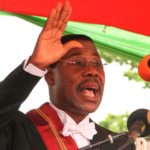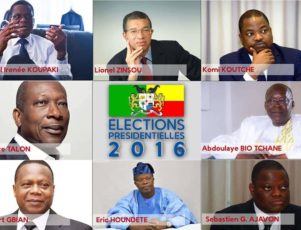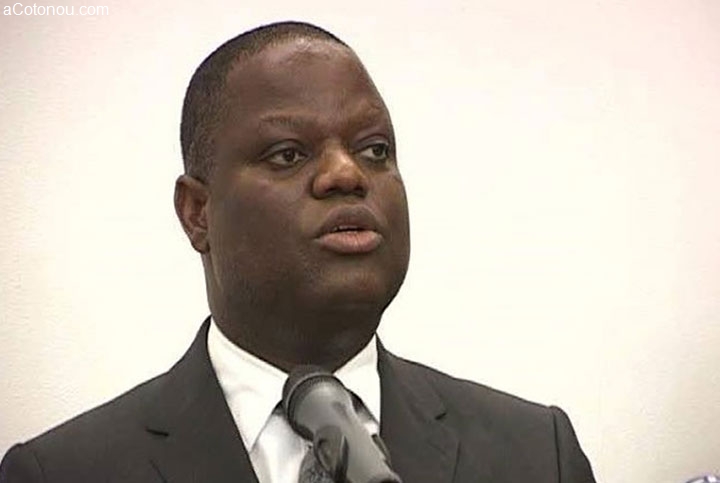Benin’s two-round Presidential election concluded on March 20th with the election of businessman Patrice Talon.
The West-African nation of Benin concluded a peaceful, democratic two-round election on March 20th. Outgoing President Thomas Boni Yayi handpicked his successor, Prime Minister Lionel Zinsou, to run against a former ally turned nemesis, Patrice Talon. This election is notable for several reasons: unlike other African leaders, Boni Yayi did not alter Benin’s constitution in order to remain in power past the two-term limit; Zinsou conceded defeat to Patrice Talon on March 20th after winning the March 6th first-round election, and the election was free from violent protests and uprisings.
Benin’s Landscape
A former French colony, Benin has not followed an easy path to democracy. Despite the challenges of post-colonialism (including a decade-long-stint as a Marxist state, interspersed with bouts of intense unrest and violence), Benin has managed to rise above its neighbors, proving that it is committed to free and fair elections. The fact that President Boni Yayi left power at the end of his two-term appointment is in itself remarkable: many of Benin’s neighbors have struggled to depose rulers who are desperate to cling to power past their time.
Perhaps even more impressive than President Boni Yayi’s peaceful exit is the concession by his chosen successor, Lionel Zinsou. The ruling party candidate and current Prime Minister, Lionel Zinsou faced challenges in his candidacy. Having spent the majority of his life outside of Benin, Zinsou struggled to overcome the perception that he was an outsider in his own country, and that his lack of experience on-the-ground in Benin would hinder his ability to make informed choices for the country. It seemed as though he had proved his worth as a Beninese on March 6th, when he won the first round of elections, but Talon ultimately prevailed.
The Gloves Came Off
Between the first election cycle and the second, Benin’s first-ever presidential debate took place. Talon used this opportunity to outline his vision for Benin, and to launch a litany of personal attacks against Zinsou’s lack of experience in Benin and the likelihood that Zinsou would only continue his predecessor’s policies that had “created a banana republic…[and] become the laughing stock of the world.”
Talon’s platform was centered around his rise to fame and fortune despite his small beginnings. Born in the small coastal town of Ouidah, Talon rose to become a key figure in Beninese business, even bankrolling Boni Yayi’s successful 2006 and 2011 campaigns. Talon’s fortune came through his agricultural business investments, primarily in cotton. After completing his university education in Senegal, Talon moved to France to pursue a career in international business. In 1985, he founded the Inter-Continental Distribution Company (SDI), which provides agricultural inputs like fertilizers and herbicides, to cotton farmers in Benin, Burkina Faso, Togo and other West African nations. Talon profited handsomely from the World Bank driven economic liberalization of the 1990s, winning production and manufacturing licenses for cotton ginning within the country.
A Man Made Through Cotton
It was through cotton that Talon made himself known in politics. Talon formed a relationship with the then-communist-government-owned sugar company, SAVE. Through this connection, communist politicians recognized his potential value as a business ally, and when the country moved to a multi-party state in the 1990s, Talon was able to preserve his friendships within the new government. In 2008, then-President Boni Yayi awarded Talon rights to a total of 15 out Benin’s total 18 cotton ginneries, making the cotton industry a near monopoly.

Boni Yayi
Once a close friend an ally of President Boni Yayi, Talon lost favor with the President after being accused of plotting a coup and, later, masterminding a plot to poison the President. Talon fled to France in exile before a Presidential pardon in October, when he returned to Benin, ostensibly in preparation for the election.
The Challenges Ahead
The election of President-elect Talon marks the third truly democratic election in the nation’s turbulent history. Having fought against the odds and being elected to the highest office in the country, Talon has even bigger challenges to face as President.
With his experience in the agricultural and cotton industry, it seems logical that Talon would focus on making these industries sustainable while working to diversify the economy–40% of Benin’s GDP is dependent upon cotton. Talon knows that he has a tough job ahead: he has already voiced his desire to tackle youth unemployment, reduce corruption in politics and business, and improve the health and education for the 10.6 million citizens he now represents.


